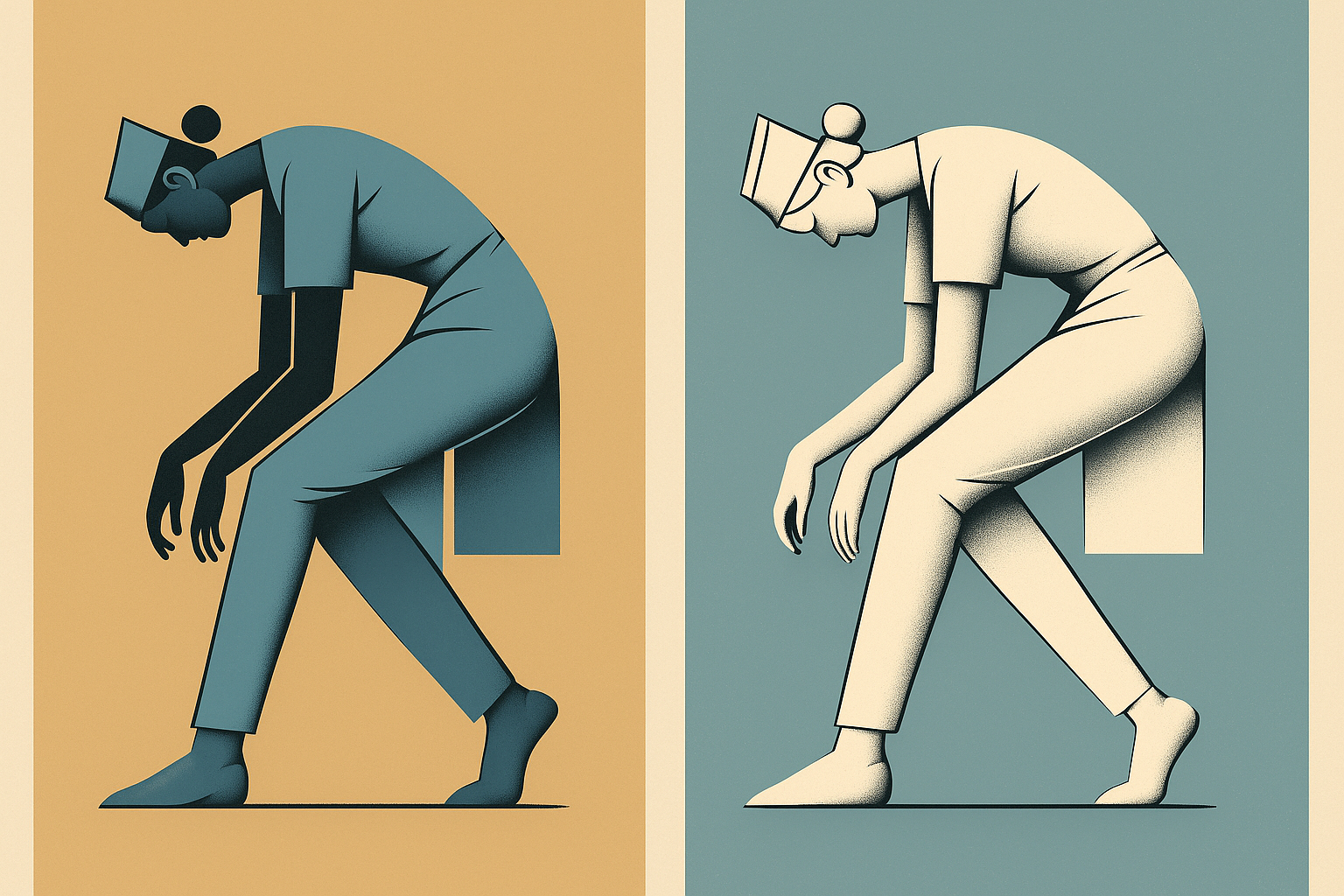Hard to be a Hero
Featured story

June 2024
Roger Giner-Sorolla received fundings from the Leverhulme Trust to hire a post-doctoral researcher for the research project “Hard to be a Hero? Paradoxes When Key Workers
Are Cast in the ‘Hero’ Role” (RPG-2024-260)
January 2025
Jean Monéger was appointed at the University of Kent to conduct the research project under the guidance and supervision of Roger Giner-Sorolla
February 2025
A first pilot study (Study 1a) aiming to manipulate Heroism perception through the bullet point presentations was tested.
Registration; Codes, Data, Material; Full Report
___
The assessment of the construct validity of a scale measuring the consequences of heroism was conducted with 5 experts in Moral psychology and Heroism studies.
April 2025
A second test (Study 1b) of a manipulation, this time using narrative vignettes. Results were more encouraging with a relative success in manipulating heroism.
Registration; Codes, Data, Material; Full Report
___
The face validity of our Heroism questionnaire was evaluated in a sample of 20 laypeople.
Codes, Data, Material; Full Report
May 2025
Reliability and structure analyses of the Heroism scale resulted in a final 21-item scale.
June 2025
A third test (Study 1c) of a manipulation. We tested heroism as a consequence of presenting an occupation as driven by altruistic motivations (i.e., selflessness) or being associated with altruistic outcomes (i.e., helpfulness). Results indicated that heroism is about helpfulness, above and beyond selflessness.
Registration; Codes, Data, Material; Full Report
___
A correlational study (Study 2) assessing how Heroism was related to selflessness, bravery, exposure to danger, and helpfulness in a representative subset of 53 occupations. Results indicated a robust link between heroism and its predicted components across all occupations. Only criminal activities (i.e., villain) associated to high exposure to risk deviated from our models.
July 2025
Started working on a manuscript reporting on our work on the causes of collective heroism perception.
August 2025
Publication of the website
September 2025
Conducted First study on the moral shielding effect of collective heroism.
October 2025
Communication of our main results at the online APS General Meetings. Next talk scheduled: BPS Division of Occupational Psychology in Cardiff. Further conferences to come!
November 2025
Investigated the Poppy effect: how remembrance day celebrations influence the heroisation of soldiers.